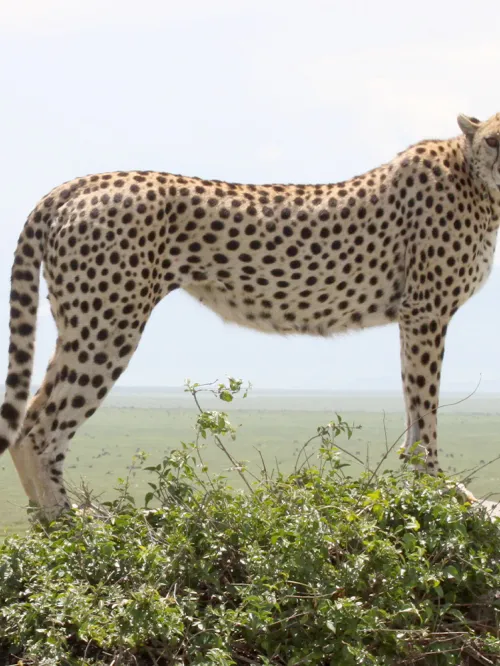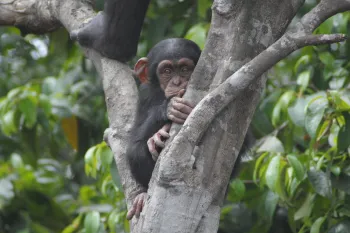Our work in Africa
Humane World for Animals tackles the root causes of animal cruelty and suffering to create permanent change. We make change at scale, advocating for policy change at all levels of government and working with companies so that they can be kinder to animals their businesses impact. We work in partnership with communities, bringing diverse expertise to the most complex issues, and doing it all with a compassionate and welcoming approach.
Our impact
We envision a world without animal cruelty, where humans and animals coexist peacefully. In Africa, we work to promote non-lethal solutions to human-wildlife conflicts, improve the lives of animals raised for food, end the illegal wildlife and captive big cat trade, advocate for a more plant-forward food system, increase access to spay/neuter services and primary veterinary care for companion animals, ending cosmetics animal testing and helping animals in disaster situations.
outside Kruger National Park have received an immunocontraceptive vaccine
have a permanent home at our sanctuary in Liberia
in South Africa have been sterilized through our Healthy Pets, Healthier Communities initiative
Latest News
MONROVIA, Liberia ― Some of the world’s most respected primate veterinarians gathered in Liberia to help animal charity Humane World for Animals temporarily relocate a group of former laboratory
MONROVIA (14 Feb. 2025)―Animal charity Humane Society International Liberia today announced it will change its name to Humane World for Animals to establish clarity in its mission to create lasting
CAPE TOWN—Humane Society International/Africa has released a new documentary today that highlights the threat to East Africa’s super tusker elephants. These gentle giants, known for having at least
Help us end animal cruelty
Start saving lives today by making a one-time gift—or protect animals worldwide all year long with a monthly contribution.

